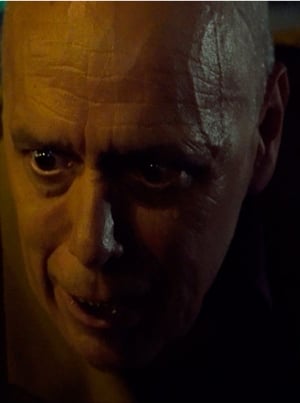Movie: Sound Of

Մարդ
HomePage
Overview
The film tells about the flight of the poetic mind, which can satiate the poet and throw him from the sky to the bitter reality.
Release Date
Average
0
Rating:
0.0 startsTagline
Genres
Languages:
Keywords
Similar Movies
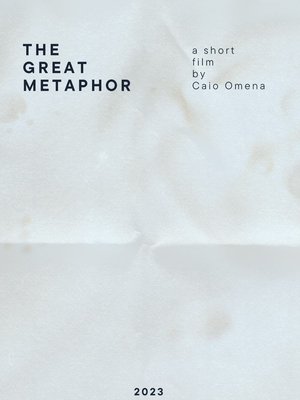 10.0
10.0The Great Metaphor(en)
What does a bankrupt poet with no desire to live have to say about life?
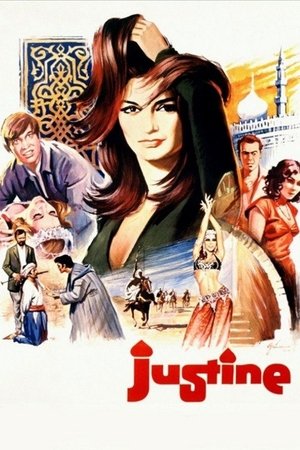 4.1
4.1Justine(en)
In Alexandria, in 1938, Darley, a young British schoolmaster and poet, makes friends through Pursewarden, the British consular officer, with Justine, the beautiful and mysterious wife of a Coptic banker. He observes the affairs of her heart and incidentally discovers that she is involved in a plot against the British, meant to arm the Jewish underground in Palestine. The plot finally fails, Justine is sent to jail and Darley decides to return to England.
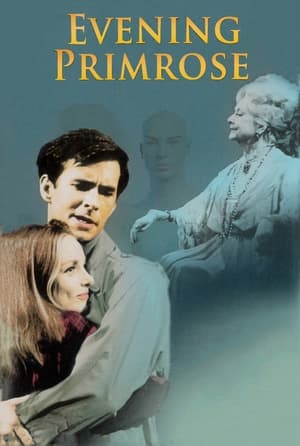 7.3
7.3Evening Primrose(en)
A man becomes part of a secret society of people who live in a department store and quickly falls in love with their leader’s young maid.
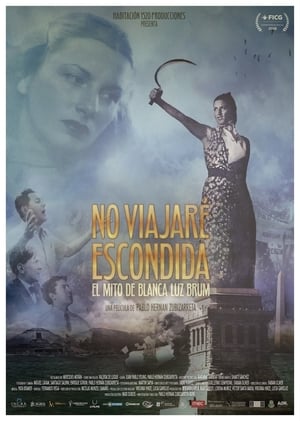 6.0
6.0I will not travel hidden(es)
Blanca Luz Brum traveled an unusual path, through twentieth-century Latin America, actively participating in the intellectual, political and artistic movements of Uruguay, Chile, Argentina, Peru and Mexico. It is today a symbol of female emancipation in Latin America. The versions about her life are varied and dissimilar, the testimonies of those who knew her, full of contradictions.
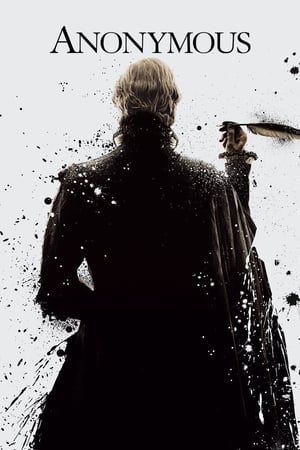 6.4
6.4Anonymous(en)
Set against the backdrop of the succession of Queen Elizabeth I, and the Essex Rebellion against her, the story advances the theory that it was in fact Edward De Vere, Earl of Oxford who penned Shakespeare's plays.
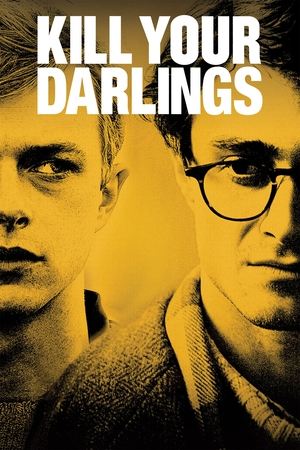 7.0
7.0Kill Your Darlings(en)
A murder in 1944 draws together the great poets of the beat generation: Allen Ginsberg, Jack Kerouac and William Burroughs.
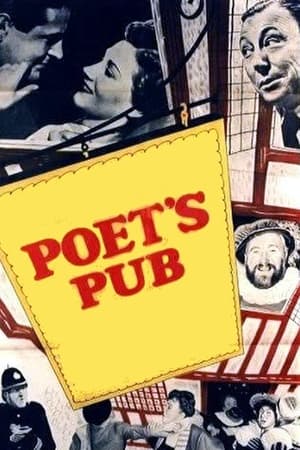 6.6
6.6Poet's Pub(en)
A loosely structured comedy allowing for a series of vignettes based around an ancient coaching inn. The story was adapted from the 1929 novel by Scottish writer Erik Linklater.
 10.0
10.0Sound of Applause(hy)
The film tells about the flight of the poetic mind, which can satiate the poet and throw him from the sky to the bitter reality.
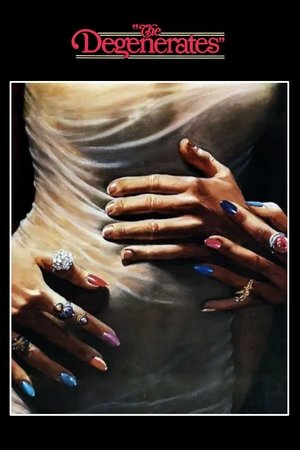 6.7
6.7The Degenerates(it)
A series of bawdy and satirical episodes written during the reign of the emperor Nero and set in imperial Rome. Like the more famous version made by Federico Fellini, an adaptation of Petronius' Satyricon.
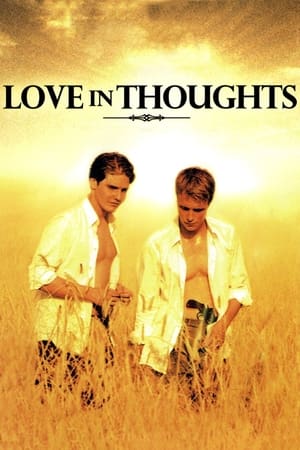 6.3
6.3Love in Thoughts(de)
A posthumous look at the last days of Guenther's life as he, his best friend, and his sister let loose on a four-day binge of alcohol, drugs, and sex.
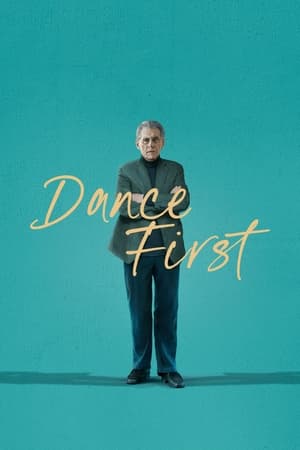 7.0
7.0Dance First(en)
Parisian bon vivant, World War II Resistance fighter, Nobel Prize-winning playwright, philandering husband and recluse…Samuel Beckett lived a life of many parts. Titled after Beckett’s famous ethos “Dance first, think later”, the film is a sweeping account of the life of this 20th-century icon.
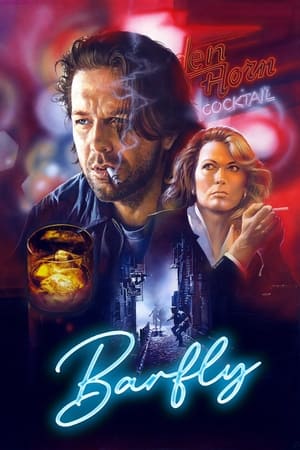 6.8
6.8Barfly(en)
Downtrodden writer Henry and distressed goddess Wanda aren't exactly husband and wife: they're wedded to their bar stools. But, they like each other's company—and Barfly captures their giddy, gin-soaked attempts to make a go of life on the skids.
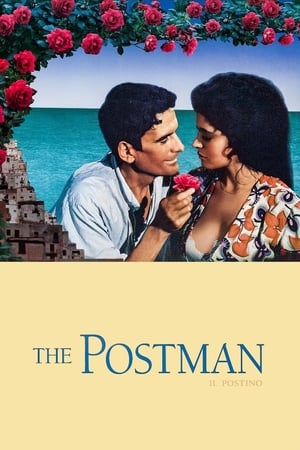 7.9
7.9The Postman(it)
Simple Italian postman learns to love poetry while delivering mail to a famous poet; he uses this to woo local beauty Beatrice.
 8.0
8.0Merton: A Film Biography(en)
In his lifetime, Thomas Merton was hailed as a prophet and censured for his outspoken social criticism. For nearly 27 years he was a monk of the austere Trappist order, where he became an eloquent spiritual writer and mystic as well as an anti-war advocate and witness to peace. Merton: A Film Biography provides the first comprehensive look at this remarkable 20th century religious philosopher who wrote, in addition to his immensely popular autobiography The Seven Storey Mountain, over 60 books on some of the most pressing social issues of our time, some of which are excerpted here. Merton offers an engaging profile of a man whose presence in the world touched millions of people and whose words and thoughts continue to have a profound impact and relevance today.
 0.0
0.0Great Poets: In Their Own Words(en)
A journey into the BBC archives unearthing glorious performances and candid interviews from some of Britain's greatest poets.
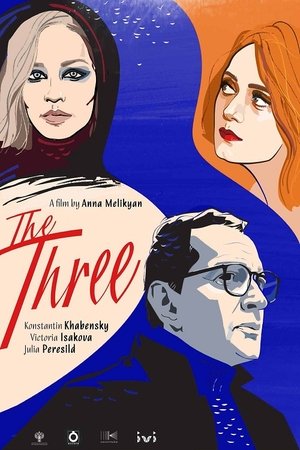 6.2
6.2The Three(ru)
A husband, a wife and another woman. Only three are in the frame.
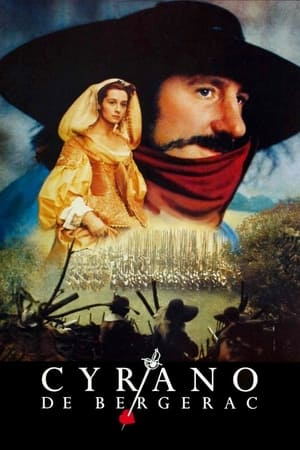 7.3
7.3Cyrano de Bergerac(fr)
Famed swordsman and poet Cyrano de Bergerac is in love with his cousin Roxane. He has never expressed his love for her as he his large nose undermines his self-confidence. Then he finds a way to express his love to her, indirectly.
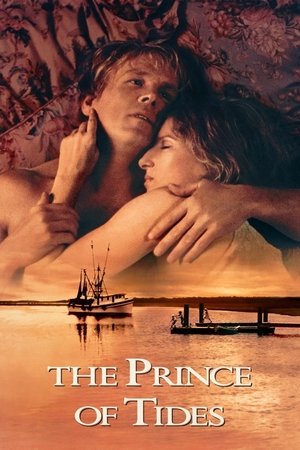 6.6
6.6The Prince of Tides(en)
A troubled Southern man talks to his suicidal sister's psychiatrist about their family history and falls in love with her (and New York City) in the process.
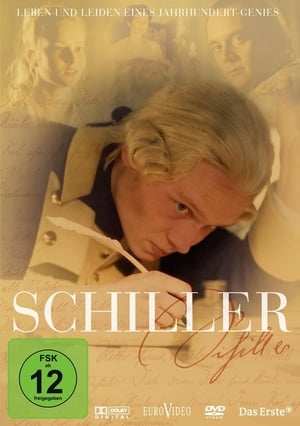 4.7
4.7The Young Schiller(de)
The young Friedrich Schiller begins his life as a poet with a dramatic escape. After the sensational success of his first drama "The Robbers", he deserts from the Duke's army. At the Mannheim Court and National Theatre, he initially receives a friendly reception, but his new play "Fiesko" is not well received by the artistic director Dalberg. In the successful actor and author August Wilhelm Iffland, Schiller finds a strong competitor for the position of in-house playwright and vies with him for the love of the same woman. The young poet's situation becomes increasingly precarious; he has no money, suffers from hunger and falls seriously ill. Nevertheless, he works feverishly for recognition and success with no regard for his own health.

